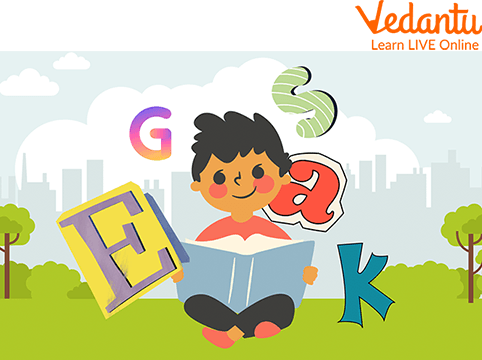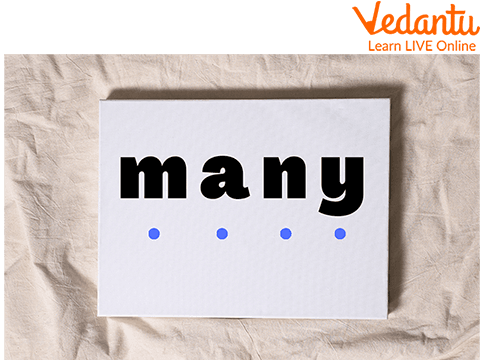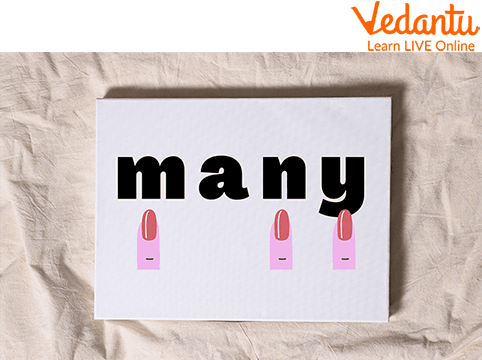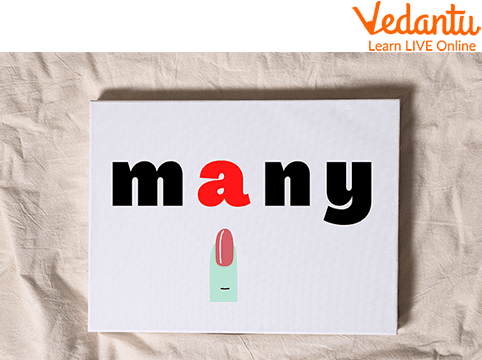




An Overview of Jolly Phonics Tricky Words
The most effective method for spelling and reading words is letter-sound correspondences, but there are situations when a learner will encounter "tricky words in phonics" and cannot depend on this method. These words are challenging because they can't be phonetically written or read using the student's knowledge of letter-sound correspondences.
Research shows that this strategy is not the most effective when it comes to teaching difficult words. Frequently, teachers try to teach difficult words via repeated visual exposure, entire word visualisation, or memorization. This article will address the shortcomings of the "whole word" method for teaching difficult vocabulary, understand what are tricky words, and will offer better teaching/learning tactics.
What are Tricky Words?
A word that is difficult to sound out is considered "tricky." They are non-phonological terms. One will produce an unintelligible term if one sounds them out first before attempting to combine the sounds. They are words that call for visual recognition.
A word could be temporarily tricky with tricky spellings. The student who has only learned the most typical single-letter consonant representations and single-letter short vowel representations would find it difficult to read and write a few of the words that are frequently seen in simple phrases, including "I," "the," "my," and "was."

Boy Enjoying Reading
Here is the tricky words list:
'said', 'have', 'like', 'so', 'do', 'some', 'come', 'were', 'there', 'little', 'one', 'when', 'out', and 'what'
The above-given tricky words list and other tricky words won't be difficult or seem unusual once the child has mastered the letter-sound correspondences. The difficult words that are present in high-quality explicit synthetic phonics readers are frequently listed on the inside back cover. Before the young reader begins the novel, these words are expressly taught.
Some words are inherently difficult. Such words are irregular, often known as "rule breakers" or "exception words." Even for expert learners, they cannot be fully phonetically encoded or decoded. Only 4% of English words, like "eye," have a wholly atypical spelling. A lot of irregular words can be decoded with the exception of one letter like "friend."
Jolly Phonics Tricky Words
Over 100 nations utilise Jolly Phonics to teach students English. For 25 years, it has been there. For students in kindergarten and upwards, it is covered in the UK curriculum. Children are taught by their teachers how each letter sounds, then the best way to write it. As a result, a letter appears after its sound.
There are 42 noises based on letters. The English alphabet now only contains 26 letters. Why, then, do we have 42 letter sounds? The reason is that some sounds are digraphs. The sound is made by combining two letters, not by one letter alone. or and ee are a few examples of these sounds.
Below stated is the list of lowest categories in the Jolly Phonics tricky words:
I
The
He
She
Me
We
Be
Was
To
Do
Of
Steps to Teach Tricky Words
Step 1: First, read the challenging word to the student(s), then read it aloud. Repeat the sentence phoneme by phoneme, using sound boxes to represent each sound. For example,

Sound Buttons
Step 2: Determine the word's regular letter-sound correspondences. For example,

Regular Parts
Step 3: Find the "tricky" part. The short /e/ sound in the word "many" is represented by the letter "a." Have all the student(s) read and then write the challenging word, emphasising it in colour.

Irregular Parts
Step 4: If you are informed of an explanation for the unique letter-sound correspondence, give it. Describe the etymology, basic term, and history of the language. For instance, the word "many" is written the same as the word "manifold" since it is a short form of that term. Since no English word ends in ‘I’ the ‘I’ was converted to a "y." Over time, the way that the letter "a" is spoken has changed.
Step 5: If necessary, instruct the student to pronounce difficult words using his "spelling voice," such as "man-y".
Step 6: Where necessary, provide the student with a mnemonic to assist them to remember the challenging term. For instance, the centre letter of the word "purchase" has the shape of a basket, which aids the student in recalling that this homophone refers to shopping.
Summary
Early readers will have trouble understanding tricky words in phonics. This could be a result of their odd spelling, the presence of novel sounds and graphemes, or the violation of conventional phonetic conventions. Certain tricks can be used to help kids in getting understand and deal with tricky words which have been discussed above in the article. The steps that are discussed in the article will improve the learning of students.
FAQs on Jolly Phonics Tricky Words
1. Why is teaching irregular words crucial?
Learning to speak, comprehend, and write in a different language can be difficult for English language learners. They can add new words to long-term memory more quickly by repeatedly practising irregular, high-frequency terms. This encourages the growth of their speech and written language.
2. Define phonics with examples.
Connecting individual letters or groups of letters to spoken English sounds is known as phonics. The letter k, for instance, can be written as c, k, ck, or ch. Children who are taught to combine letter sounds are better able to sound out new or foreign words.
3. What are sight words?
A term used frequently in reading that has several meanings is "sight words." Typically, when it comes to early reading training, it refers to the group of roughly 100 words that recurs often across virtually every page of a book. Examples are "Who, the, he, were, does, their, me, be."















